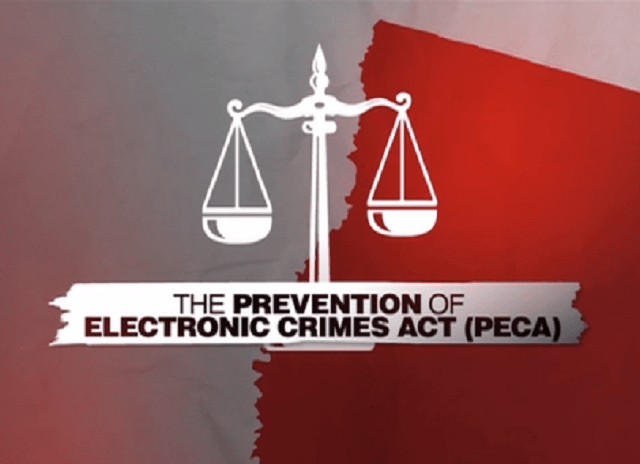Judge Inam Amin Minhas of the Superior Court of Islamabad (IHC) listened to multiple requests on Monday that sought the annulment of the controversial law of amendment to the Law of Prevention of Electronic Crimes (PECA) of 2025.
The requests were presented by the Federal Union of Journalists of Pakistan (PFUJ), prominent television presenters and the Association of Journalists of the Superior Court of Islamabad (IHC).
The Federal Government has presented its written response to the Court.
A government lawyer declared that provincial governments have also been surveyed in the case. The lawyer Imran Shafiq told the Court that an initial objection raised by the Registrar’s Office had been resolved.
During the hearing, IHC ordered the lawyers of the petitioners to begin presenting their arguments. Pfuj’s lawyer, Dr. Yasir Aman Khan, opened the arguments giving a historical context as the judge requested that he first provide the background so that the court can understand the case.
Read: Back to the cave: Where does Peca lead us?
“The PCA law was introduced in 2016,” said Dr. Yasir, adding that amendment 2025 eliminated several provisions of the original law and added new ones.
He pointed out that the amendment also establishes a Council of Social Network Complaints, expanding the scope of the law.
Judge Inam Amin Minhas ordered the petitioners to clarify the changes in the Code of Conduct, highlighting what it implied previously and what has now altered.
Pula amendment
Earlier this year, the National Assembly approved a set of amendments to the Electronic Crime Prevention Law (PECA) under a complementary agenda, significantly expanding the government’s authority to regulate online content and penalize digital crimes.
The 2025 Peca Law (amendment) included provisions for the formation of a Digital Rights Protection Authority (DRPA), which will be empowered to eliminate online content, restrict access to prohibited material and impose sanctions on persons who share said content.
The amendments also expanded the definition of “social media platforms” to cover tools and software used to access these platforms.
The law reviewed now extends its jurisdiction to include websites, applications and several communication channels. As part of the legislative changes, the wing of cyber crimes of the FIA must be dissolved and replaced by a more strict framework of application.
According to the new rules, people who share material eliminated from parliamentary or provincial assemblies on social networks could face the prison of up to three years along with a fine of RS2 million.




